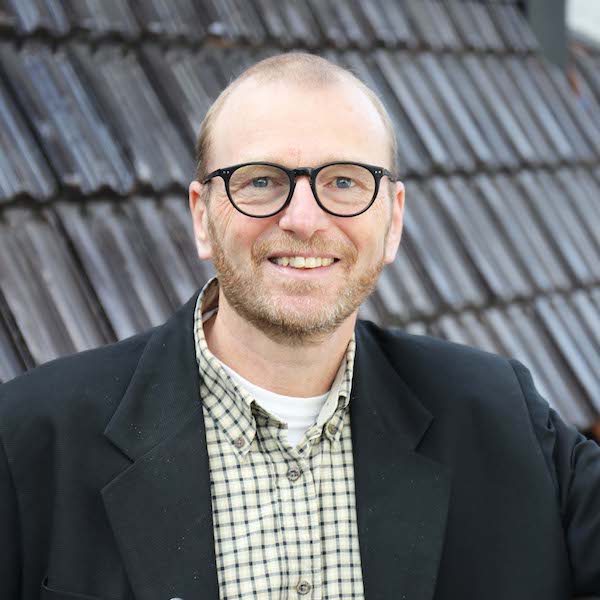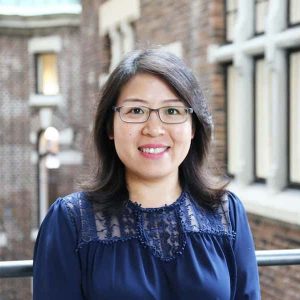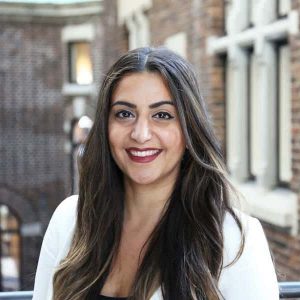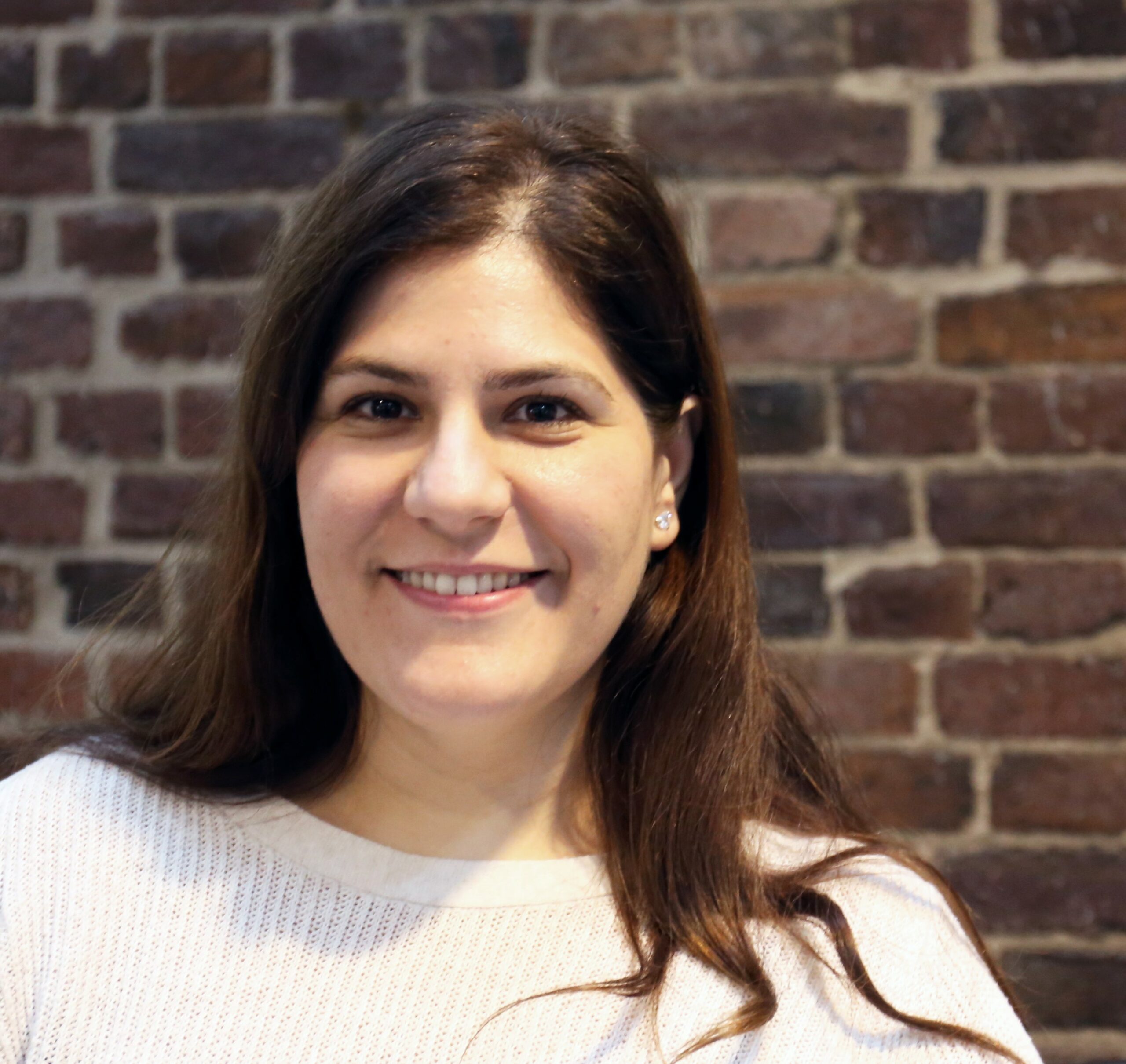Land-to-Ocean
Leadership Programme
The Programme is supported by the Swedish Agency for Marine and Water Management and the German Federal Ministry of Transport and Digital Infrastructure, and delivered by the WMU-Sasakawa Global Ocean Institute (GOI)
Programme Concluded (2020 - 2024)
We kindly inform you that the Land-to-Ocean Leadership Programme was active from 2020 to 2024 and has concluded. We thank all participants, partners, and supporters for their valuable contributions over the years.
For any questions or access to materials, please contact goisecretariat@wmu.se
about the programme
A three-year PhD Programme established by the World Maritime University (WMU)
Achieved by fostering multi- and interdisciplinary challenge-led research and capacity building projects.
Read more and download the Programme Brochure here.
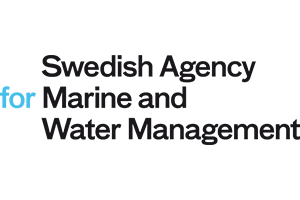
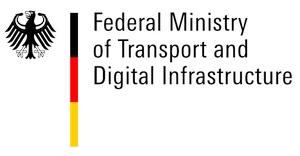
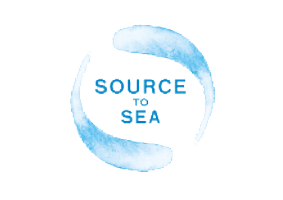
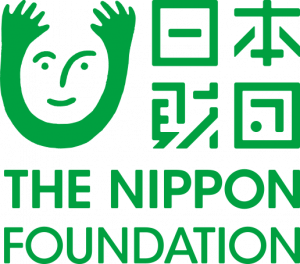
programme characteristics
The Programme aims to promote land-to-ocean leadership
opportunities in the broader context of implementing the Transforming our world: the 2030 Agenda for Sustainable Development. This initiative recognises that diverse and intense anthropogenic activities are causing enhanced and cumulative
impacts on land, water and marine environments.
In order to develop governance and sustainable management options that are practically oriented yet responsive to dynamic processes, the Programme aims to foster a better understanding of the interconnected character of terrestrial, aquatic and marine
ecosystems flowing from source to sea.
The Programme is achieved by fostering multi- and interdisciplinary
challenge-led research and capacity building projects. The projects seek to address issues concerning balancing blue-green economic opportunities, the inclusion of social equity, environmental
quality considerations in land-to-ocean governance systems, as well as science-based solutions, and the need to take into account fundamental legal and governance concerns.
The research entails exploring the potential for joint action between
ocean, freshwater and land-based communities, the promotion of
innovation in governance, research and socially inclusive regulatory systems at different geographical scales and with multiple stakeholders, in particular, the Small Island Developing States (SIDS).
objectives & outputs
4 Research projects
Ocean Science Diplomacy - The All-Atlantic Ocean Research Alliance case
The BBNJ agreement and its inter-relationship with the blue economy of the Caribbean Community (CARICOM)
Scuba Diving Industry’s Contribution to Sustainable Development Goal - Life below water. Case study of small Island Developing States.
An analysis of the State practice of Small Island Developing States on the Consent Regimes for Marine Scientific Research (MSR) under the United Nations Law of the Sea Convention
Opportunities
Results
The Team
Meet the Research Team

Dr. Andre Polejack
Conferred November 2022
(Brazil)
"From natural scientist to science manager and back to school to become a social scientist, this has been an amazing learning journey in which I've experienced how essential evidence-based negotiations are if we want to foster change to a sustainable future for our life-supporting ocean system."
Science diplomacy has gained much attention within diplomatic and epistemic communities and concerns the interaction of science and international relations in all possible manners to address the challenges facing humanity with a view to building constructive, knowledge-based international alliances. Research on the vital role of ocean science diplomacy is very timely as the United Nations has proclaimed the Decade of Ocean Science for Sustainable Development (2021-30) as well as a means to complement the delivery of the UN 2030 Agenda on Sustainable Development.
The research aims to assess and propose possible frameworks for science diplomacy that are best suited to serving the Decade's proposed outcomes, taking the All Atlantic Research Alliance (Galway and Belém Statements) as a case study. In doing so, science diplomacy will contribute to global efforts to manage the ocean sustainably based on the best available science.
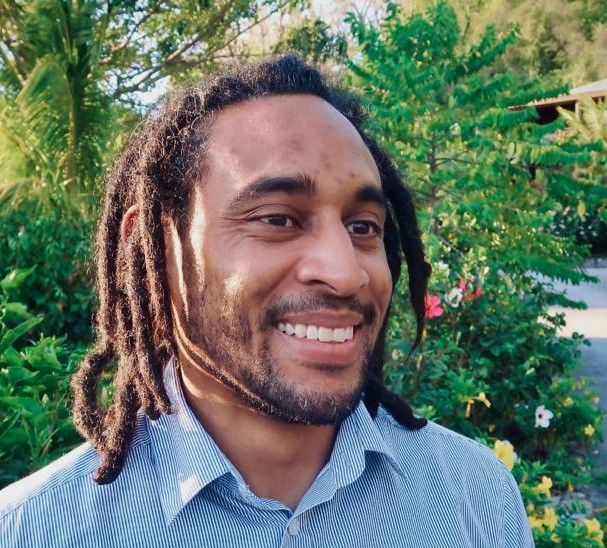
Dr. Kahlil Hassanali
Conferred November 2022
(Trinidad and Tobago)
"The ocean is interwoven with every CARICOM country's identity. Like Caribbean people, it is dynamic, resilient and full of untapped potential. However these are characteristics we as a region should not take for granted especially since we know the ocean is also threatened. CARICOM countries need to collectively seize upon the blue economy concept and use it to chart our course into the future."
An international legally binding instrument under the United Nations Convention on the Law of Sea (UNCLOS) on the conservation and sustainable use of marine biological diversity of areas beyond national jurisdiction (BBNJ agreement) is currently being negotiated at the UN.
The elements of the BBNJ agreement - marine genetic resources including questions on sharing of benefits; area based management tools, including marine protected areas; environmental impact assessments; and capacity building and the transfer of marine technology, all have the potential to affect the sustainability of the Caribbean Community's (CARICOM) ocean based economy, either directly or indirectly. The research examines how this agreement will interact with and influence the future development of regional ocean governance and the blue economy in CARICOM.

Luciana Coelho
PhD Candidate
(Brazil)
"Bridging the gap between law, science & policy is essential for the conservation and sustainable use of oceans, and for empowering the countries more vulnerable to changes in the marine environment. My research aims to target these issues by proposing a tangible regional approach to small islands developing states concerning the implementation of the rules on marine scientific research in UNCLOS."
The Sustainable Development Goal 14.C highlights the importance of implementing UNCLOS and conserving and sustainably using the oceans and their resources. This is particularly true regarding the rules regulating marine scientific research, an essential activity to increase scientific knowledge and to meet existentialist challenges posed by climate change, sea-level rise and unsustainable uses of the ocean.
The research reviews state practice of the Caribbean and Pacific Small Islands Developing States in implementing the rules on marine scientific research under UNCLOS with the ultimate aim of designing a regional approach that is tailored to meet the present and future needs of SIDS. Thereby raising their scientific capability and allowing them to take advantage of scientific discoveries in sea areas within and beyond their jurisdiction.
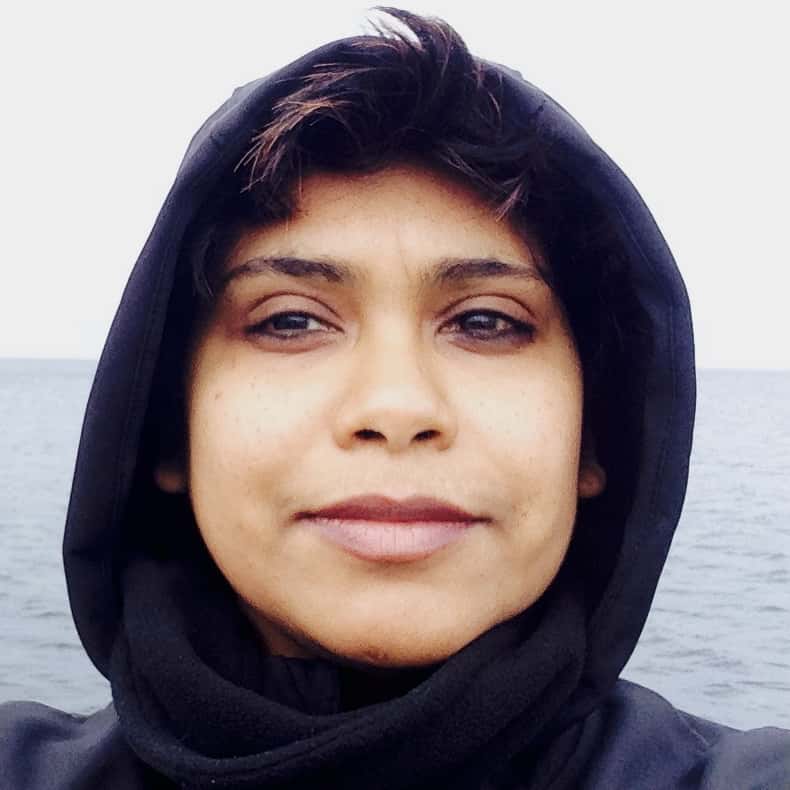
Zaidy Afrin
PhD Candidate
(Fiji)
"Most damage that has occurred in our oceans is underwater. We, as dive professionals, artisanal dive leaders, and dive training agencies, are uniquely positioned to restore the ocean. I am committed to exploring the role of the diving community and its leadership positions within the SDG14 in islands, as well as understanding its integration within the ocean policy and sustainable financing space at the international level."
As a UN Nippon Fellow and PADI dive instructor, my research aims to advance localisland dive leader's solutions to support policies that restore the coral reef ecosystems and rebuild fish stocks. A key aspect is by linking the network of diving leaders to the UN Local 2030 Islands Network for a sustainable ocean.
The research focuses on the development of integrated policies for diving stakeholders within tourism, fisheries sectors and industries on islands that will enable them to support ocean sustainability (SDG 14) and blue economy growth. The research pays specific attention to the integration of policies that foster the social objectives such as diver employment, education, training, safety and protection (SDG 4 & 8) along with the economic and environmental sustainability policy objectives. My research adds value to the debates concerning emerging economic reforms for islands, island resilience, island values, local knowledge and identity.

Sustainable Fisheries Management,Ocean Biodiversity and Marine Spatial Planning
DELIVERABLES
Publications
Please see the list of peer-reviewed articles published in international journals under the Land-to-Ocean Leadership programme. Links to open access are provided below. The team acknowledges the generous funding of the World Maritime University (WMU)-Sasakawa Global Ocean Institute by The Nippon Foundation, as well as the financial support of the Land-to-Ocean Leadership Programme provided by the Swedish Agency for Marine and Water Management (SwAM) and the German Federal Ministry of Transport and Digital Infrastructure.
- Routledge, E., Vieira, F., Cavalli, R. O., Valenti, W., & Polejack, A. (2022). A Plataforma de Tecnologia e Inovação em Aquicultura: uma contribuição para a Década da Ciência Oceânica no Brasil. Revista Parcerias Estratégicas. CGEE, 27(52), 61–76.
- Kelly, R., Elsler, L.G., Polejack, A., van der Linden, S., Tönnesson, K., Schoedinger, S. E., ... & Wisz, M. S. (2022). Empowering young people with climate and ocean science: Five strategies for adults to consider. One Earth, 5(8), 861-874. https://doi.org/10.1016/j.oneear.2022.07.007
- Hassanali, K. (2022) Examining institutional arrangements towards coordinated regional ocean governance and blue economy policy development in the Caribbean Community (CARICOM). Coastal Management. https://doi.org/10.1080/08920753.2022.2082835
- Harden-Davies, H., Amon, D.J., Chung, T.-R., Gobin, J., Hanich, Q., Hassanali, K. et al. (2022). How can a new UN ocean treaty change the course of capacity building? Aquatic Conservation: Marine and Freshwater Ecosystems, 32(5), 907-912. https://doi.org/10.1002/aqc.3796
- Coelho, L.F. (2022). Marine Scientific Research and Small Island Developing States in the 21st Century: Appraising the International Legal Framework. Available at SSRN: https://ssrn.com/abstract=3994741 or http://dx.doi.org/10.2139/ssrn.3994741
- Hassanali, K. (2022). Participating in Negotiation of a New Ocean Treaty Under the Law of the Sea Convention – Experiences of and Lessons From a Group of Small-Island Developing States, Frontiers in Marine Science. https://doi.org/10.3389/fmars.2022.902747
- Nisa, Z., Neat, F. and Schofield, C.H. (2022). Work Below Water: The role of scuba industry in realising Sustainable Development Goals in small island developing states. Marine Policy, 136, 104918. https://www.sciencedirect.com/science/article/pii/S0308597X21005297
- Polejack, A., Gruber, S., & Wisz, M. S. (2021). Atlantic Ocean science diplomacy in action: the pole-to-pole All Atlantic Ocean Research Alliance. Humanities and Social Sciences Communications, 8(1), 52. https://doi.org/10.1057/s41599-021-00729-6
- Franz, G., Garcia, C. A. E., Pereira, J., de Freitas Assad, L. P., Rollnic, M., Garbossa, L. H. P., Polejack, A. (2021). Coastal Ocean Observing and Modeling Systems in Brazil: Initiatives and Future Perspectives. Frontiers in Marine Science, 8(August). https://doi.org/10.3389/fmars.2021.681619
- Hassanali, K., Mahon, R. (2022). Encouraging proactive governance of marine biological diversity of areas beyond national jurisdiction through strategic environmental assessment (SEA). Marine Policy, 136, 104932. https://www.sciencedirect.com/science/article/pii/S0308597X21005431?via%3Dihub
- Hassanali, K. (2021). Internationalization of EIA in a new marine biodiversity agreement under the Law of the Sea Convention: A proposal for a tiered approach to review and decision-making. Environmental Impact Assessment Review, 87, 106554. https://doi.org/10.1016/j.eiar.2021.106554
- Polejack, A., & Coelho, L. F. (2021). Ocean Science Diplomacy can Be a Game Changer to Promote the Access to Marine Technology in Latin America and the Caribbean. Frontiers in Research Metrics and Analytics, 6(April), 34–36. https://doi.org/10.3389/frma.2021.637127
- Hatje, V., Andrade, R. L. B., Oliveira, C. C. De, Polejack, A., & Gxaba, T. (2021). Pollutants in the South Atlantic Ocean: Sources, Knowledge Gaps and Perspectives for the Decade of Ocean Science. Frontiers in Marine Science, 8(March), 1–17. https://doi.org/10.3389/fmars.2021.644569
- Polejack, A. (2021). The Importance of Ocean Science Diplomacy for Ocean Affairs, Global Sustainability, and the UN Decade of Ocean Science. Frontiers in Marine Science, 8(March). https://doi.org/10.3389/fmars.2021.664066
- Muelbert, M. M. C., Copertino, M., Cotrim da Cunha, L., Lewis, M. N., Polejack, A., Peña-Puch, A. del C., & Rivera-Arriaga, E. (2021). The Ocean and Cryosphere in a Changing Climate in Latin America: Knowledge Gaps and the Urgency to Translate Science Into Action. Frontiers in Climate, 3 (November). https://doi.org/10.3389/fclim.2021.748344
- Wisz, M.S., Satterthwaite, E.V., Fudge, M., Polejack, A., Fischer, M., St John, M.A., Fletcher, S. and Rudd, M.A., (2020). ‘100 opportunities for more inclusive ocean research: Cross-disciplinary research questions for sustainable ocean governance and management’. Frontiers in Marine Science, 7, p.576. https://www.frontiersin.org/articles/10.3389/fmars.2020.00576/full
- Hassanali, K. (2020). CARICOM and the blue economy–Multiple understandings and their implications for global engagement. Marine Policy, 120, 104137. https://doi.org/10.1016/j.marpol.2020.104137
- A. Polejack (2023) The UN Decade of Ocean Science stages of grief – Skepticism, frustration, fear of failure, and hope. Marine Policy, Volume 152, 2023, 105597, ISSN 0308-597X, https://doi.org/10.1016/j.marpol.2023.105597
- Polejack, A., & Machado, L. F. C. da S. (2023). The possibilities of ocean innovation diplomacy to promote transnational innovation ecosystems for the maritime sector. In T. Johansson, D. Dalaklis, J. E. Fernández, A. Pastra, & M. Lennan (Eds.), Smart Ports & Robotic Systems: Navigating the Waves of Techno-regulation & Governance (vol. 2). Palgrave Macmillan. DOI: 10.1007/978-3-031-25296-9_2
- Polejack, A. (2023). Innovate or Fade—Introducing Ocean Innovation Diplomacy to the Maritime Sector. In: Johansson, T.M., Fernández, J.E., Dalaklis, D., Pastra, A., Skinner, J.A. (eds) Autonomous Vessels in Maritime Affairs. Studies in National Governance and Emerging Technologies. Palgrave Macmillan, Cham. https://doi.org/10.1007/978-3-031-24740-8_2
- Polejack, A. (2023). Introducing ocean innovation diplomacy to the maritime sector. In T. Johansson, D. Dalaklis, J. E. Fernández, A. Pastra, & J. Skinner (Eds.), Autonomous Vessel in Maritime Affairs: Law & Governance Implications (Vol.1). Palgrave Macmillan.
- Coelho, L. F. and Tavonvunchai, N. (2022). Regimes for ocean management: regional seas programmes and blue carbon ecosystems. In: Routledge Handbook of Marine Governance and Global Environmental Change. London, Routledge. https://www.routledge.com/Routledge-Handbook-of-Marine-Governance-and-Global-Environmental-Change/Harris/p/book/9781138555914
- Coelho, L. F. & Weston, J. C. (2020) “Who Observers the Onboard Observers Working in the Waters Adjacent to the Pacific Small Island Developing States? The Flag State Responsibility for Human Rights Violations at Sea.” In: Toledo, et. al. (orgs.). Direito do Mar: reflexões, tendências e perspectivas, vol. IV, Belo Horizonte: D’Plácido.
- Polejack, A., & Barros-Platiau, A. F. (2020). A Ciência Oceânica como ferramenta de Cooperação e Diplomacia no Atlântico. In A. F. Barros-Platiau & C. C. De Oliveira (Eds.), Conservation of living resources in areas beyond national jurisdiction: BBNJ and Antarctica (pp. 45–65). Rio de Janeiro: Lumen Juris.
- Coelho, L. F. & Bombaka, H. M. (2019) Pesquisa Científica Marinha. In: Oliveira, C. C. Cesetti, C. V. Mont'alverne, T. C. F.; Silva, S. T.; Galindo, G. R. B. (Org.). Guia jurídico da conservação e da preservação do Meio Ambiente Marinho, v. 1, Rio de Janeiro: Lumen Juris, pp. 225-230.
Contact Information
Find us here: Fiskehamnsgatan 1
Malmö
Email: goisecretariat@wmu.se
Phone: +46 40 356 351


